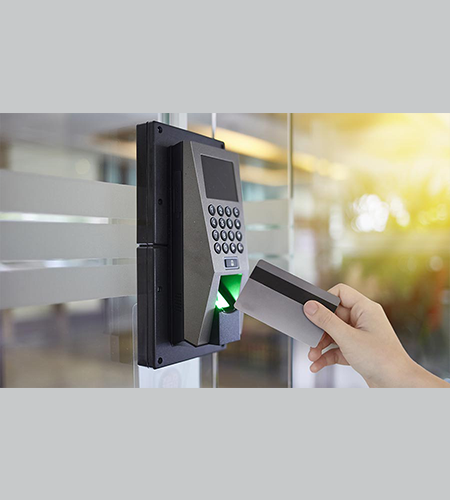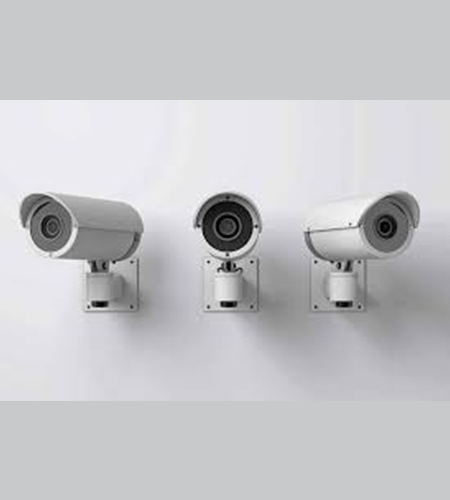
Access Control
Access control is the selective restriction of access to a place or other resource. It's about determining who can access what, when, and how. This concept applies to both physical and digital environments
Description
How it Works
Access control involves two primary steps:
- Authentication: Verifying the identity of a person or device.
This can be done through passwords, biometrics (fingerprints, facial recognition), or tokens. - Authorization: Determining what level of access is granted once identity is verified.
This involves assigning specific permissions based on roles or responsibilities.
Types of Access Control
- Physical Access Control: Restricts entry to physical locations (e.g., buildings, rooms).
Examples include locks, keycards, biometric scanners, and security guards. - Logical Access Control: Protects digital assets (e.g., computer systems, networks, data).
Includes passwords, firewalls, encryption, and role-based access control (RBAC)
Similar Products

CCTV Servillance
